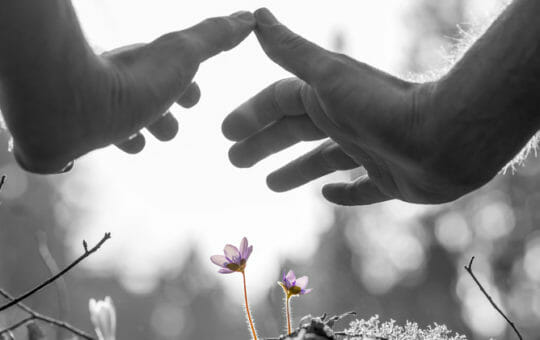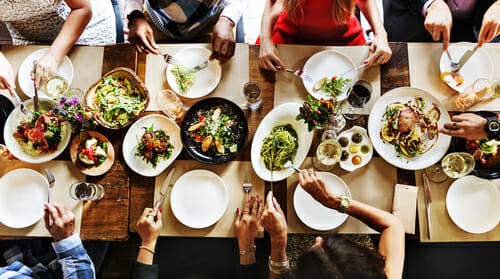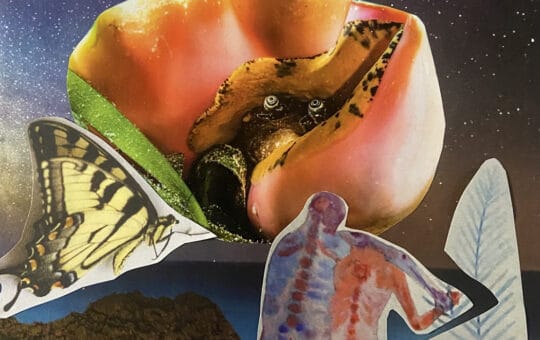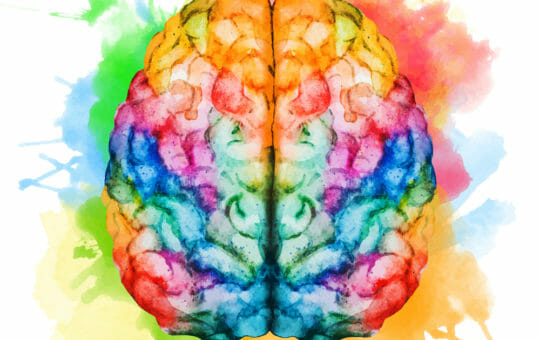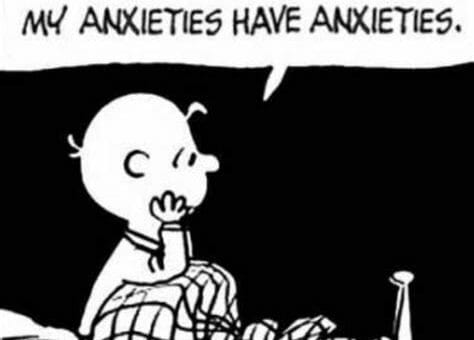
One of the most frustrating experiences with overeating - or any painful coping strategy - is when we want to change, and have the desire to change, but aren't able to 'hold on' to our intention. You may experience this in your own life - maybe … [Read more]

